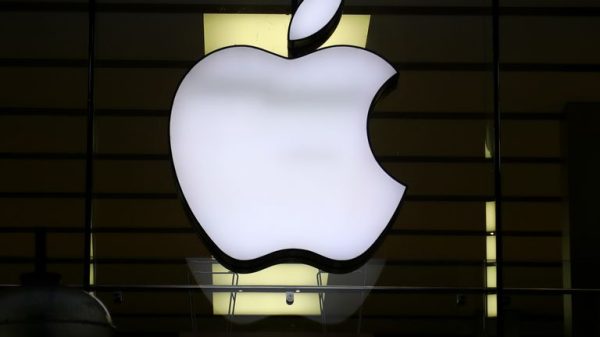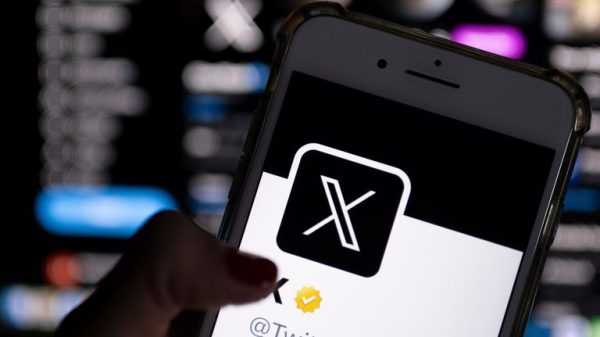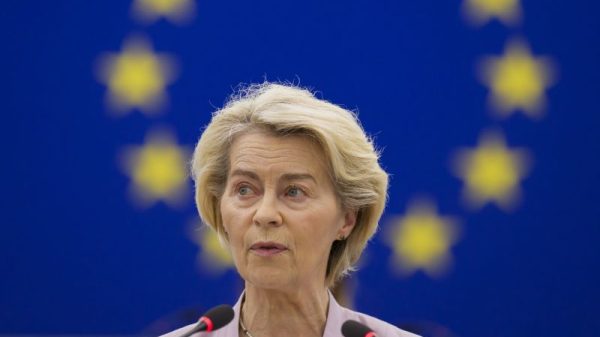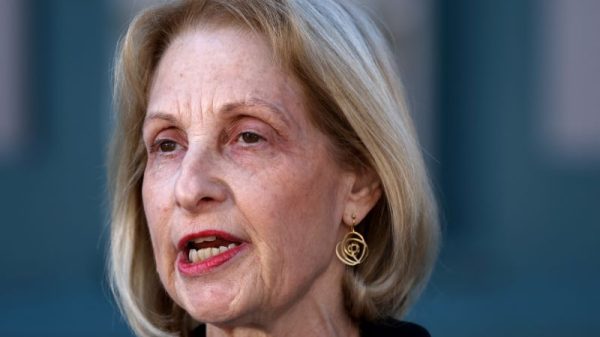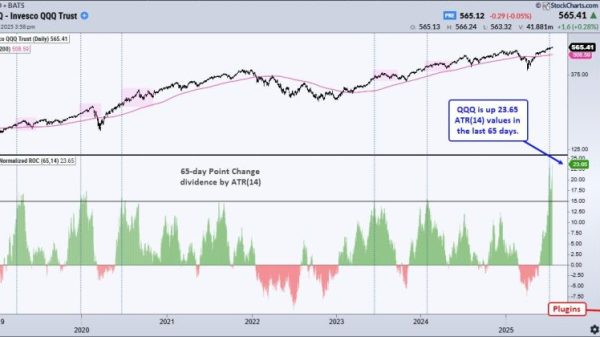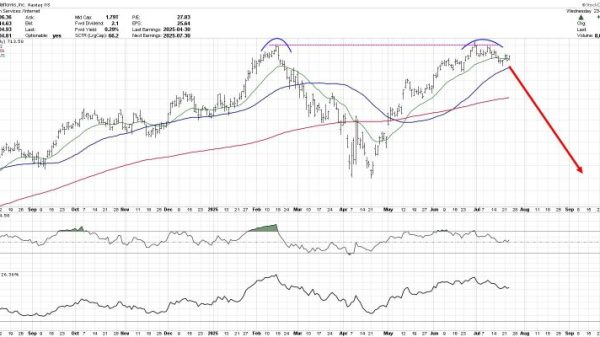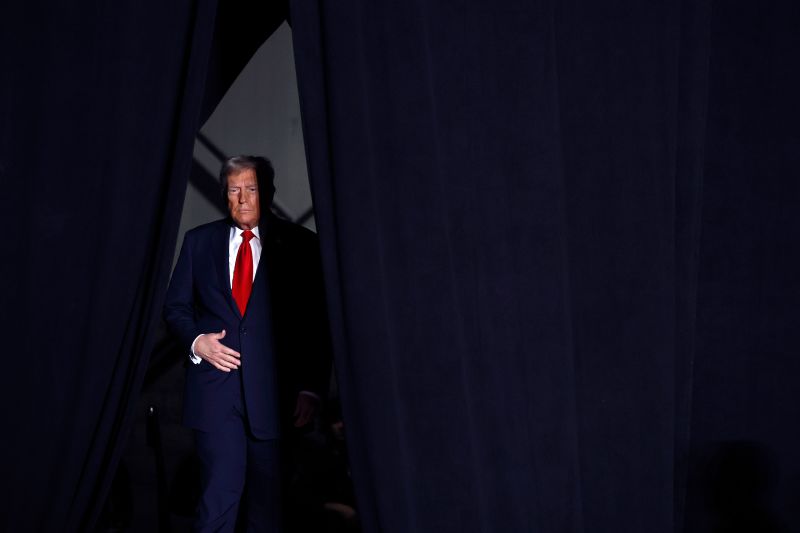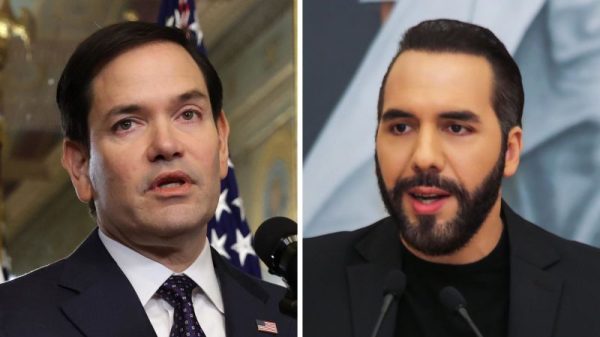It may be horrific and redefine the world order. Or it may be underwhelmingly bluster over substance. But US President-elect Donald Trump’s second term will certainly be disruptive. And even the most severe American isolationism – the greatest amount of doing little – will likely herald significant change.
We really know staggeringly little about Trump’s foreign policy. He says he likes it that way. We know he’s against wars that drag in America. He seems fond of dictators, or at least strongmen. He likes what he sees as good deals and destroys what he thinks of as bad ones. He dislikes American allies that he thinks take advantage. He doesn’t believe in global warming. His first term highlighted a man keen to be at the very heart of every matter.
But the president-elect is unique also in how little he’s had to articulate his foreign policy positions. Recall the horror that met George W. Bush being unable to name Pakistani President Pervez Musharraf in a 1999 campaign interview? Trump would never be asked such a “gotcha” question.
The mainstream media is chewing glass over how it got this election so wrong. A similar exercise in assessing Trump’s likely foreign policy is perhaps in order. To be clear: Trump does not inherit a world at peace, where America’s unquestioning role as a beacon of freedom and moral superiority has brought enduring calm.
The incumbent Biden administration leaves a series of global crises at best unsolved – at worst raging. The current White House may have done the very best anyone could have in meager circumstances. But is it possible that some disruption could be fruitful? Could a chaotic rethink work? At risk of toadying towards an incoming administration, let’s develop that thought for a moment.
Trump’s first term was of itself relatively uneventful compared with the four years that followed. The end of ISIS; immigration bans and odd insults; leaving the Iran deal while making another one with the Taliban; letting Turkey invade northern Syria; and all that weird coziness with Russian President Vladimir Putin.
The Biden term encompassed a comparative deluge: the sudden yet inevitable collapse of America’s longest war in Afghanistan; the Russian invasion of Ukraine; and then October 7 in Israel, then the spiral of Gaza, Iran and Lebanon. Trump may have set some of that in motion, but undoubtedly Biden had the busier watch.
Did Trump have any hand in his own calm first term? If you’re looking for a bright spot in 2017 to 2021 – where erratic, angry gestures might have paid off – the assassination of Iranian commander Qasem Soleimani in January 2020 is a glaring case in point. I recall hearing the news that Soleimani – not just the commander of the Quds force in Iran’s Revolutionary Guard Corps, but at that time the region’s most eminent military personality – had been killed by a US drone strike in Baghdad.
Even one US official involved in the operation expressed surprise to me about the move’s audacity. It felt like the wheels might come off the region, if Iran went to the mattresses to seek revenge. But, in the end, remarkably little happened. And the limits of Iranian power – fanned by years of its role in fighting Syrian rebels and then ISIS – became evident. The US could suddenly kill Iran’s most prominent commander whenever it wanted, without major comeback.
Did that lead to Iran’s growing sponsorship of proxies who slowly walked the region into the crises that followed October 7? Possibly. Or did the strike simply curtail Iranian ambitions? We won’t ever know; but it was the first of many occasions in the years to come when Iran looked weak.
Trump’s clear alliance with Israeli Prime Minister Benjamin Netanyahu looks set to benefit the Israeli incumbent. Yet the president-elect’s broader instincts may limit Israel’s options. The endless funding and arming of Israel’s multiple conflicts is anathema to Trump’s wider goal of reducing US global involvement.
He may also be mindful of the damage supporting the war in Gaza did to the Democrats in the election that he won. Netanyahu must surely have completed much of his regional to-do list, after the horrific assaults on Lebanon and Gaza, and may find his victorious US counterpart less willing to bail him out of any new assaults.
The ongoing war of attrition with Iran will need urgent attention. Yet Tehran now has experience of Trump as someone willing to be wildly incautious and unafraid of international norms. If Iran seeks a nuclear weapon, it can expect a very violent US response. Trump may also pre-empt that Iranian decision by attacking Iran, with Israeli backing. As President Joe Biden – who did all he could to avoid war with Iran – leaves power, Iran looks incredibly weak. Tehran must now deal with a US president it allegedly tried to kill and who has shown – four years ago when Iran was more powerful than it is now – he is unafraid of a war with them.
Trump’s mixture of erraticism and pride may have the most impact on China, whose leader, Xi Jinping, congratulated him on his victory while warning the US would lose from confrontation and gain from cooperation. A damaging tariff war may be avoided through deal-making. But above all China must confront the heady mixture of a US president who would deeply resent having to fight to defend Taiwan from a Chinese invasion, but probably dislike as much being labeled weak if he backed down from such a fight.
Beijing must have frustratingly few signals it can study about the intentions of such a singular and irrational decision-maker, and therefore struggle with knowing when, and if, a potential move on Taiwan would encounter the US boots on the ground that Biden promised.
The earliest, and most risky decision Trump will face is over the continued US support for Ukraine. Any deal will likely involve Kyiv accepting territorial concessions and provide a pause in fighting that allows Moscow to regroup. That will, in of itself, prove hugely dangerous for European security.
But in the current moment we are at in the war, Ukraine is equally in need of time to regroup and rearm. It is losing territory at the fastest pace perhaps yet since the invasion, and would immediately benefit from the frontlines being frozen. It also finds itself at the sharp, bleeding end of Biden’s biggest foreign policy paradox: give Kyiv enough support to not lose, but not enough to let it defeat Russia. Ukraine will one day run, eventually, out of troops willing to fight.
President Volodymyr Zelensky has known the day would come when the idea of another “forever war” became unappealing to NATO, and the world’s largest military alliance eventually sought to wind down its involvement. Everything Trump has said suggests he wants that same exit very soon.
Trump’s grotesque and incomprehensible fondness for Putin makes the details of any deal highly dangerous for Europe and the NATO alliance, founded to confront Russia. But it is a moment Ukraine would – short of a Russian domestic revolt or collapse – have arrived at eventually anyway. Does Moscow accept a better deal hatched with a US president who has been less confrontational and personally offensive towards Putin? Does Putin risk Trump taking greater personal offense if that same deal is later betrayed, and their entente exposed as a sham?
The answers to these questions are for now unknowable. But it would be naive to think they necessarily bode well for Kyiv.
Yet Trump’s ascendancy has not brought with it a new set of global crises and problems. Instead, it means the US and its allies must ready themselves to deal with the same issues with different focus, means and priorities.
That may prove catastrophic for the current world order, and Western democracies as a whole. Or it may force tired societies and alliances to adopt a new spirit of enlightened compromise and impassioned defense.






